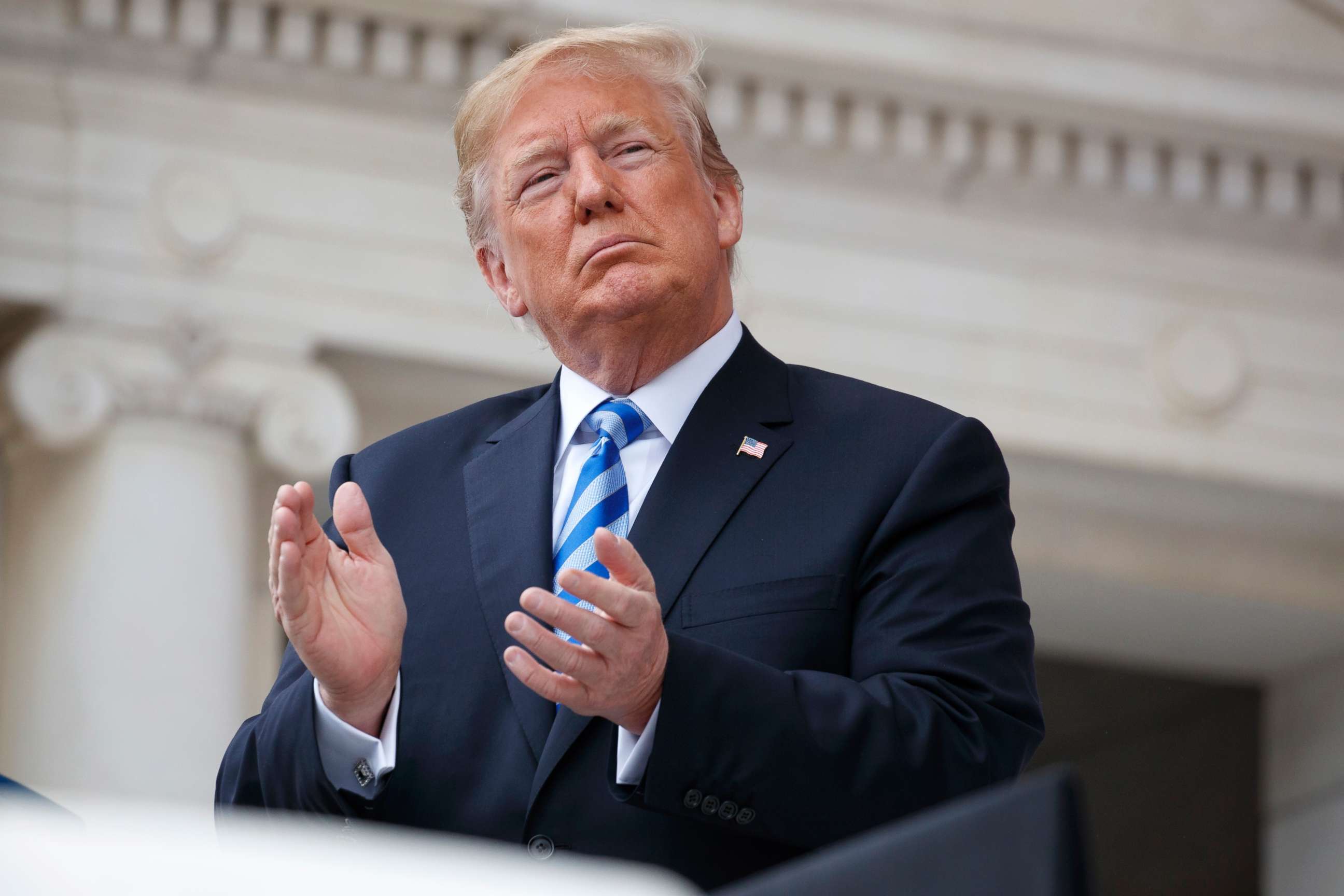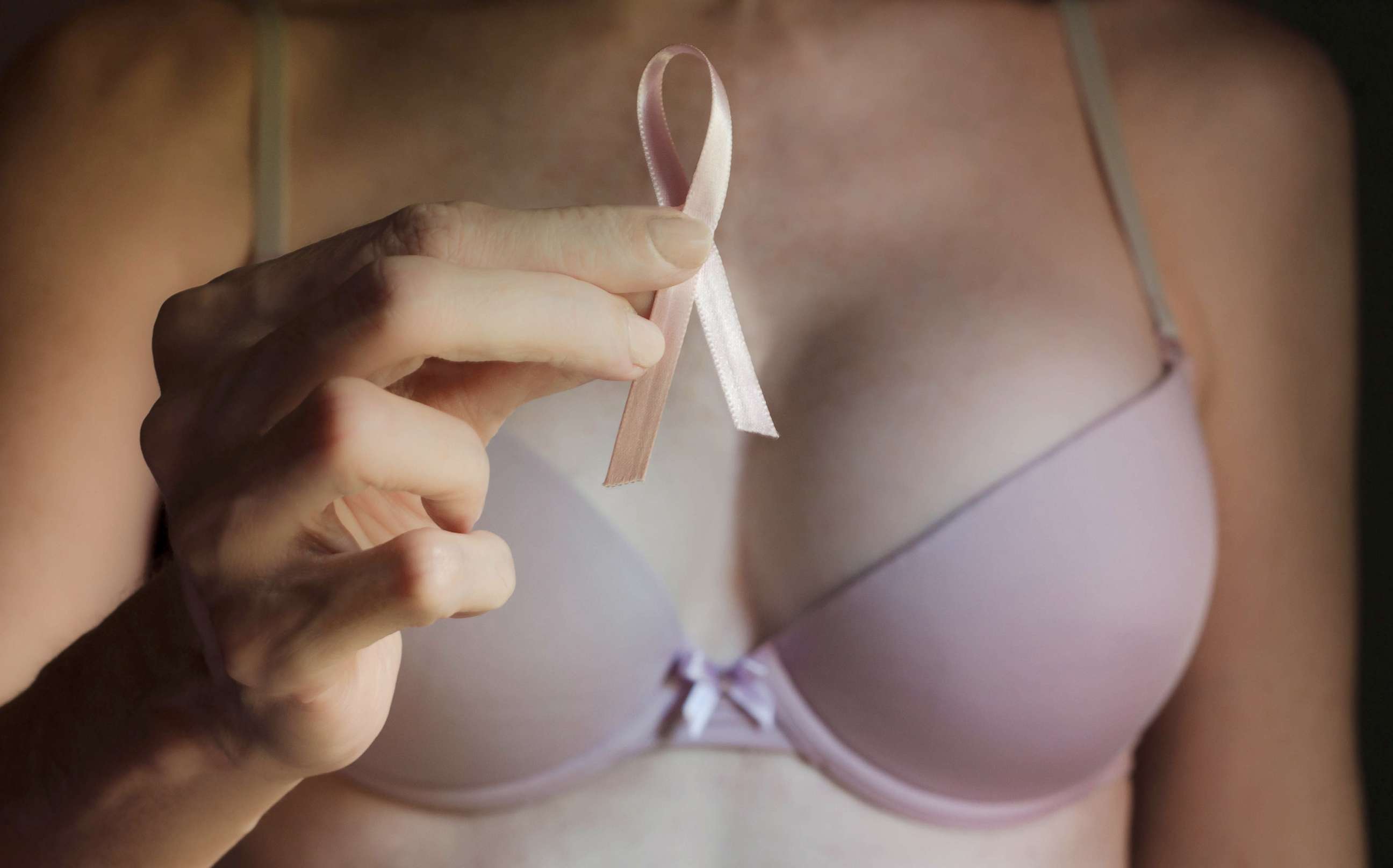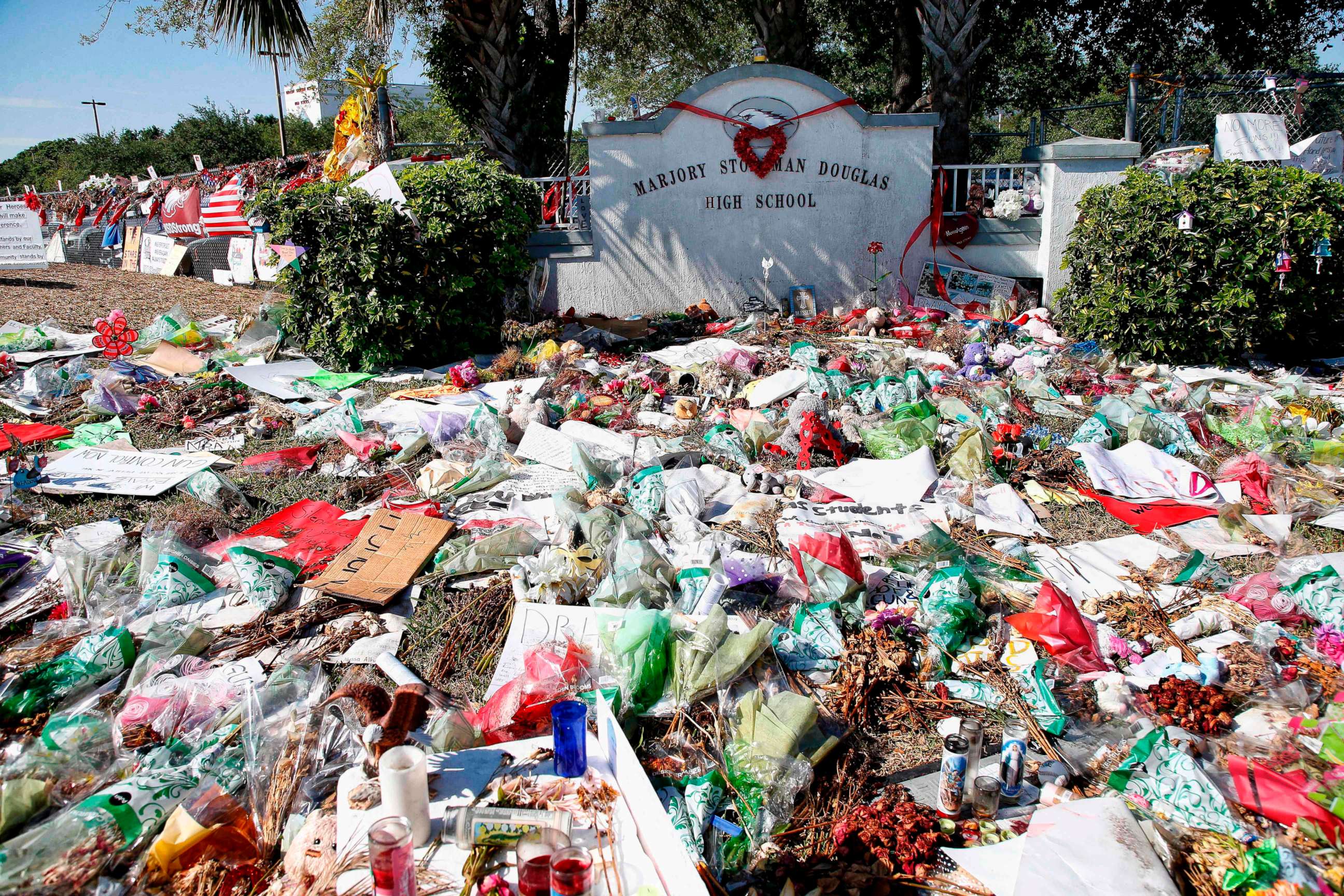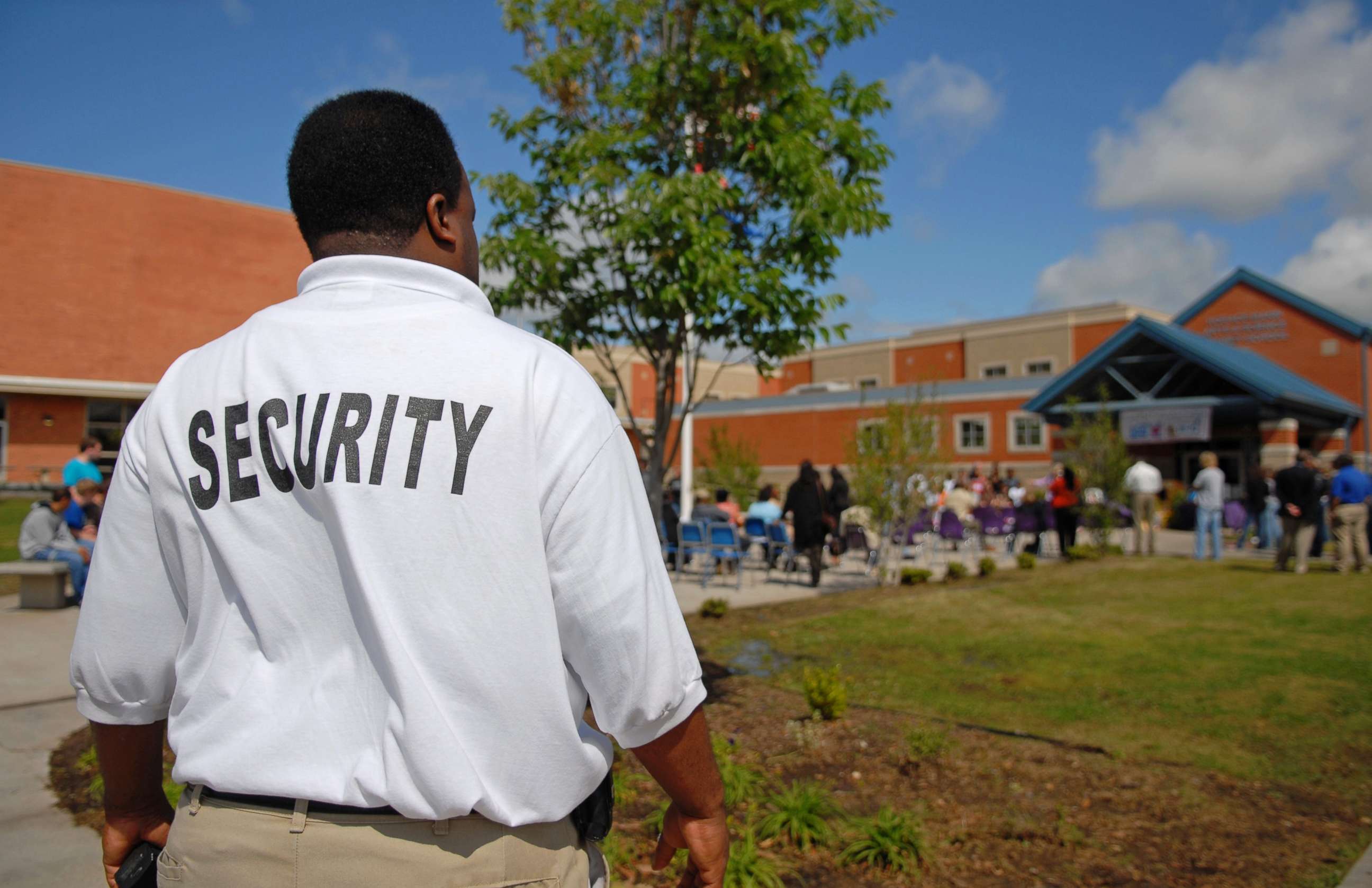'Start Here': Trump team's legal strategy tests presidential pardon power
Rudy Giuliani says Donald Trump 'probably does' have power to pardon himself.
It's Monday, June 4, 2018. Here are some of the stories we're talking about on ABC News' new daily podcast, "Start Here."

2. Big change for breast cancer chemotherapy
Chemotherapy has saved lives, but its side effects have also dramatically altered them. Vomiting and fatigue are common, and temporary. Patients can experience permanent nerve damage. Heart failure and leukemia are possibilities.
Doctors knew that not everyone needed chemo -- most patients' cancer stops with just surgery and then hormone treatment. But they couldn't predict which women needed chemotherapy and which ones didn't.
So, you've got to undergo chemo, they said to patients, otherwise you could be making yourself more susceptible.
Well not anymore.
In a landmark study presented this weekend, cancer doctors found that most women with the most common form of early stage breast cancer can skip chemotherapy without affecting their chances of recovery.
ABC News Chief Medical Correspondent Dr. Jennifer Ashton tells us that this could have an immediate impact in hospitals around the country.

3. Emotional day for MSD seniors
They're activists, they're symbols, they're national lightning rods, but they're also high schoolers. And yesterday, the senior class graduated from Marjory Stoneman Douglas High School, nearly four months after 17 students and faculty were murdered on Valentine’s Day.
Over the last several months, those students have been checking in with us.
And this weekend, ABC News's Emily Taguchi was in those living rooms with them and while the rest of the press was told to wait outside, she was invited by families to sit among them at graduation.
She tells us how the students’ views on guns control have changed since the shooting.

4. Active role in active shooter training
As the students of Marjory Stoneman Douglas High School put the memories of one school shooting behind them, no one is under the impression that there won't be more.
So what about every other high school in America? How are they preparing themselves for what has come to be seen as an inevitability?
We hear about active-shooter drills all the time, but unless you graduated high school within the last couple of years or you're currently working in one of them, you don't know what look like, or how they feel.
ABC News Correspondent Ryan Burrow does. He went to Big Hollow Middle School outside Chicago to see what officials are teaching students to do and says these situations even incorporate real-life dialogue from past school shooters.





